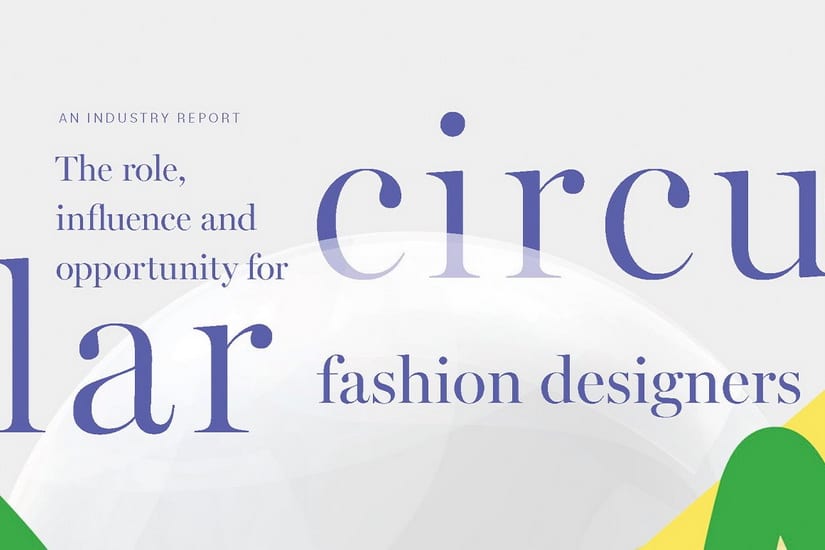In the pulse of Asian fashion, there is a force quietly driving a revolution in the industry – circular fashion. Redress, a non-profit environmental organization deeply rooted in Hong Kong, focusing on Asia, is dedicated to accelerating the transformation of the fashion industry through educating designers and guiding consumer behavior. Their latest industry report, strongly supported by the Wealthy Company Foundation, focuses on analyzing the crucial role that fashion designers play in China and Southeast Asia, which collectively account for about sixty percent of global exports of clothing, textiles, and footwear, as well as the challenges and opportunities they face.
The fashion industry is currently facing an environmental crisis largely due to its unchanged linear production model. It is estimated that thousands of new garments are created each year, a number that has doubled since 2006. After completing their lifecycle, most of these clothes are buried or burned within a year. The fashion industry’s carbon emissions already account for one-tenth of global total emissions, and if this trend continues, by 2050, it could deplete a quarter of the world’s carbon budget.
The fashion design stage is crucial in shaping the environmental impact of products. It is estimated that every decision by designers will affect 80% of a product’s environmental footprint. However, industry reports show a gap in knowledge and resources, with 79% of respondents admitting challenges in implementing circular design. Financial obstacles are also significant, with 71% acknowledging costs as a major barrier to choosing eco-friendly materials, while lack of senior management support and collaboration hinders the pace of transformation.
Christina Dean, founder of Redress, points out that the Asian fashion industry is struggling in building its capacity for future supply chain. The EU’s regulations on the environmental and social impact of the fashion industry are becoming increasingly stringent, which has profound implications for Asia, especially those countries exporting textiles to the EU. She emphasizes the urgent need for investments in circular fashion, from recycling and reuse to new material development, as well as resource reallocation and talent skill development.
Redress’s survey received feedback from 195 fashion professionals around the world, and conducted in-depth interviews with fashion industry workers and sustainable design educators in Europe, China, and Southeast Asia markets.
From the survey results, Redress calls on the fashion industry in the Asia-Pacific region to reduce the knowledge gap through education and capacity building, further promoting circular practices at the design stage; and with the support of senior management, to create a more collaborative work environment.
Gloria Schoch, Executive Director of the V Foundation and Senior Director of V Company, emphasized the importance of educating designers and how to pass on these values to the new generation of designers to achieve sustainable development in the fashion industry.
Redress’s educational work, through partnerships with industry leaders and over 170 universities, provides knowledge on circular and sustainable design theories and techniques. Additionally, the Redress Knowledge Hub, a free online resource platform, has received over 68,000 clicks this year, indicating a significant demand for knowledge on circular fashion.
In the case of collaboration between Redress, TAL Group, and Delta Global, emerging designers are challenged to redesign waste within factory production lines, showcasing the potential of circular design. Rod Henderson, the CEO of TAL Group, and Robert Lockyer, founder of Delta Global, both emphasize the importance of senior leadership and management, as well as the significance of knowledge investment for the future of the business.
Redress presented its industry report at the Asian Fashion Summit (Hong Kong) and Shanghai Fashion Week, and signed a Memorandum of Understanding in cooperation with the Shenzhen Garment Industry Association, marking a significant step towards commitment to sustainable fashion in China and further collaboration.

